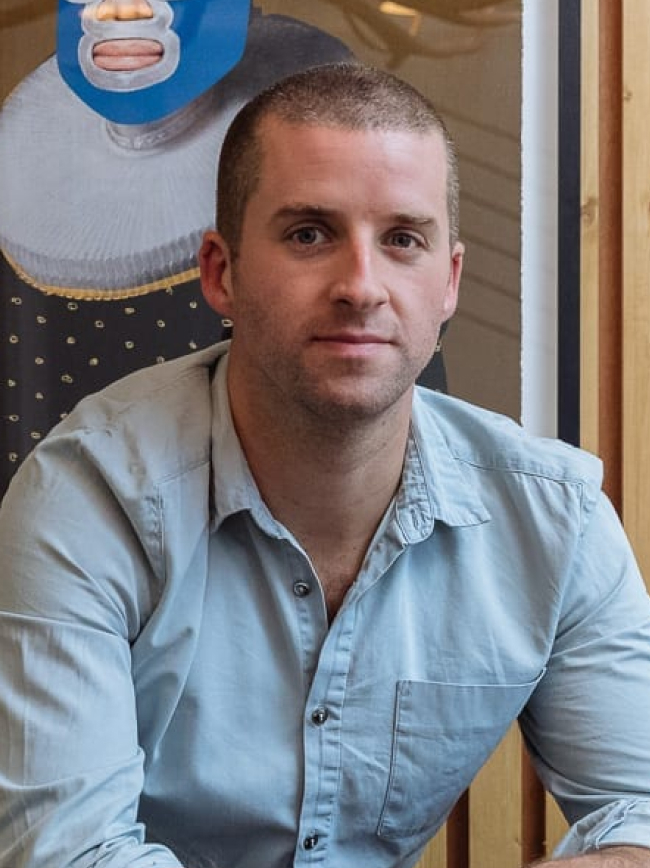Who doesn’t love a good book?
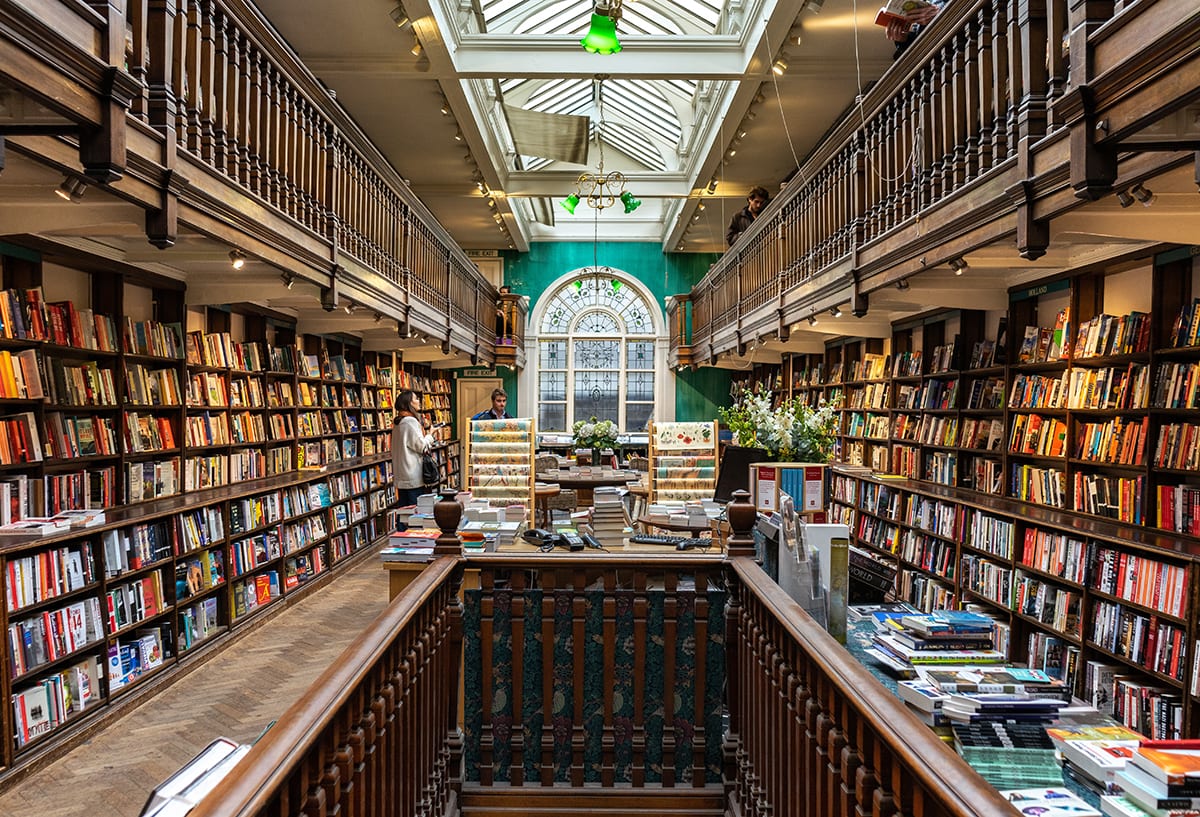
We’re an agency of voracious readers.
***
[Header photo: Ugur Akdemir on Unsplash]
Seeing this week’s announcement of The Man Booker International Prize shortlist reminded us of this, so we canvassed the studio for people’s
In no particular order then, here they are:
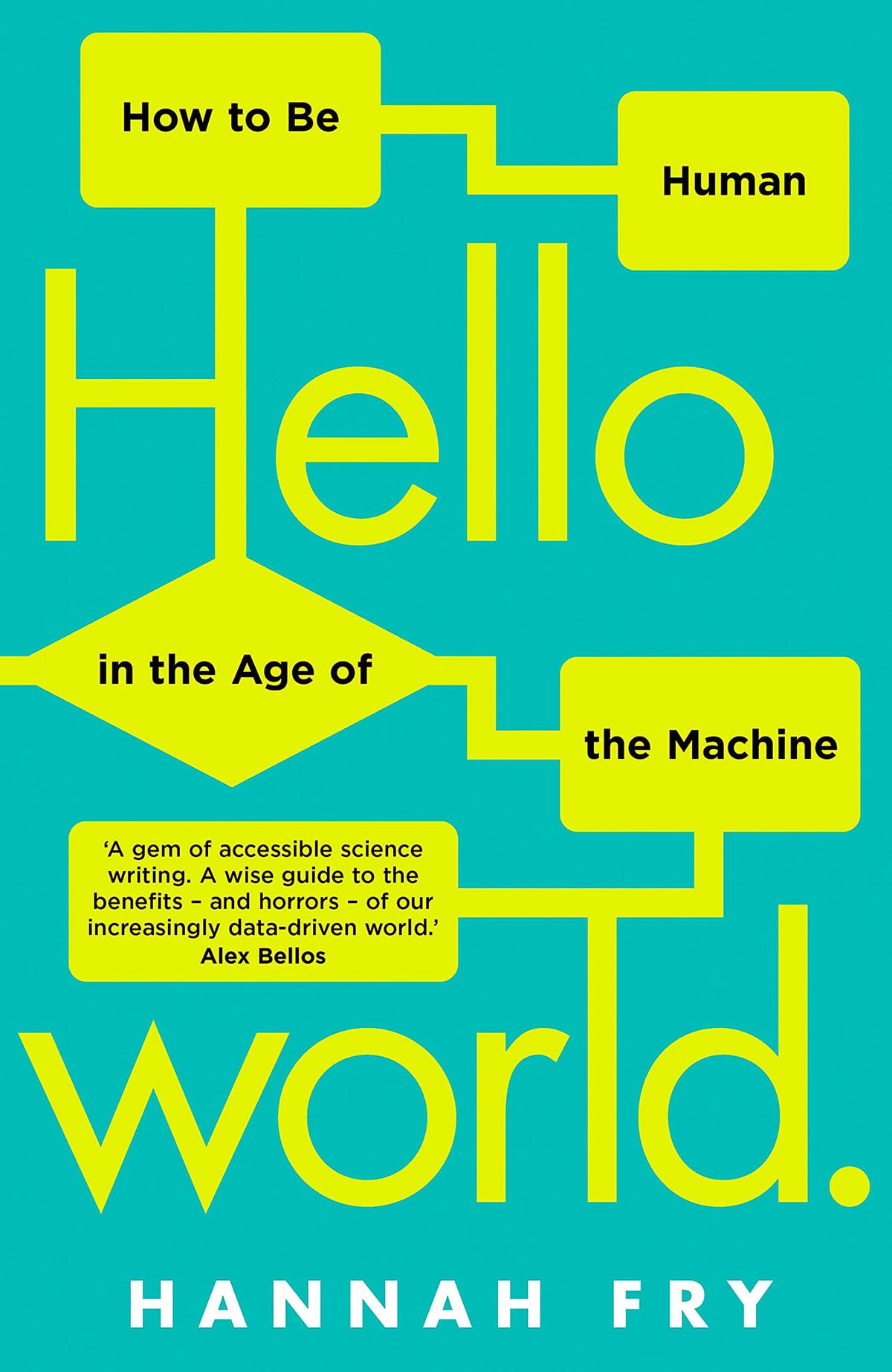
Hello World – Hannah Fry
Fry is an Associate Professor in the Mathematics of Cities at the Centre for Advanced Spatial Analysis at UC London (she must need a big business card). She’s written a brilliant book about the wonderful and terrible ways that algorithms are changing the way the arts, justice, health and all sorts of other important social structures work. There’s a very good chance that computers are going to be around for a while, so this is probably worth reading.
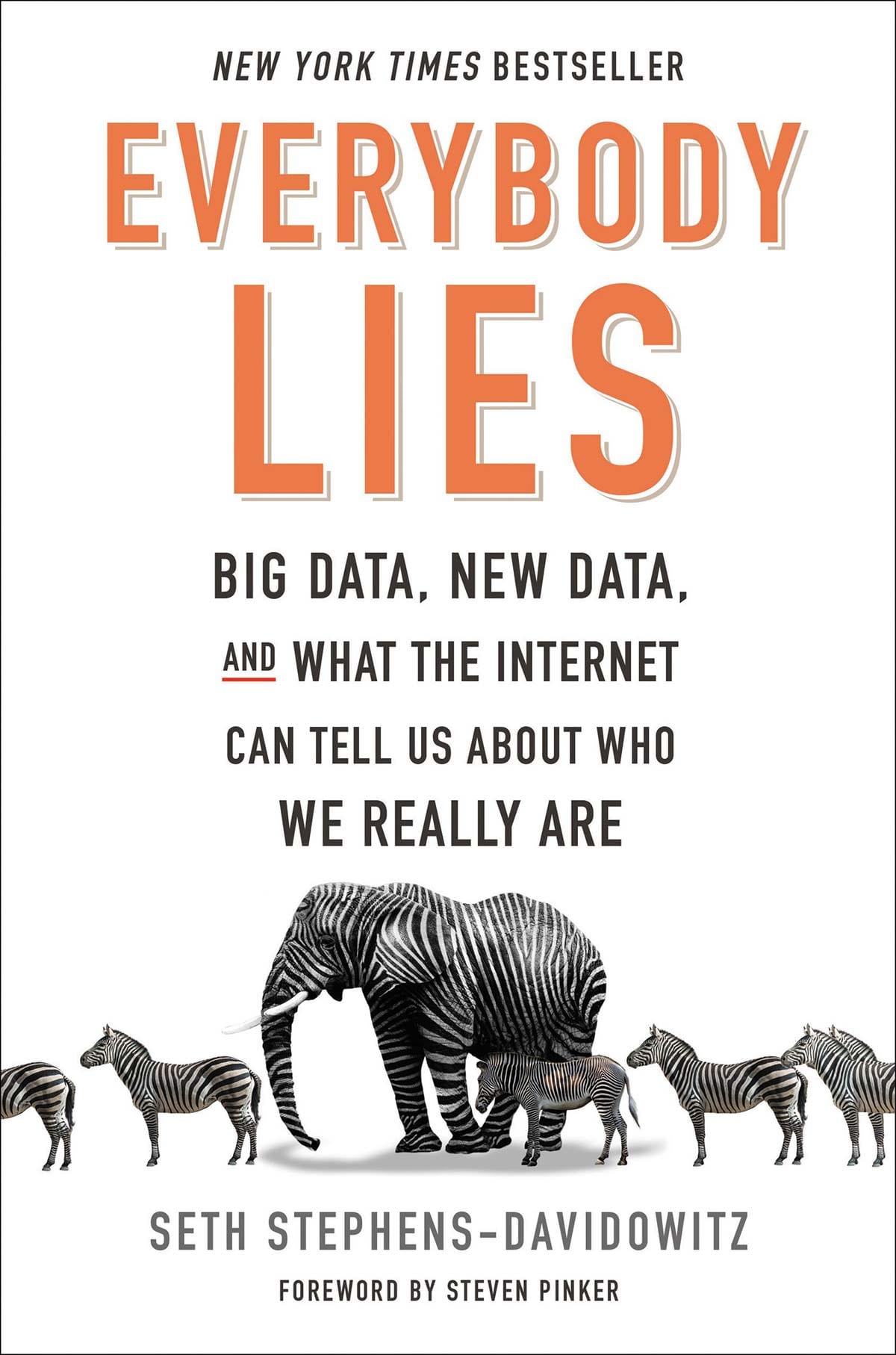
Everybody Lies – Seth Stephens
Stephen’s book is one of many about the ways in which big data can reveal more about us as individuals than we would perhaps be comfortable. Everybody Lies does a fascinating job of pulling apart everyday assumptions through stats and search data and, if you’re paying close attention, should have the effect of being both elevating and disquieting as you read. In a nutshell – you are what you search, and there’s no point pretending otherwise.
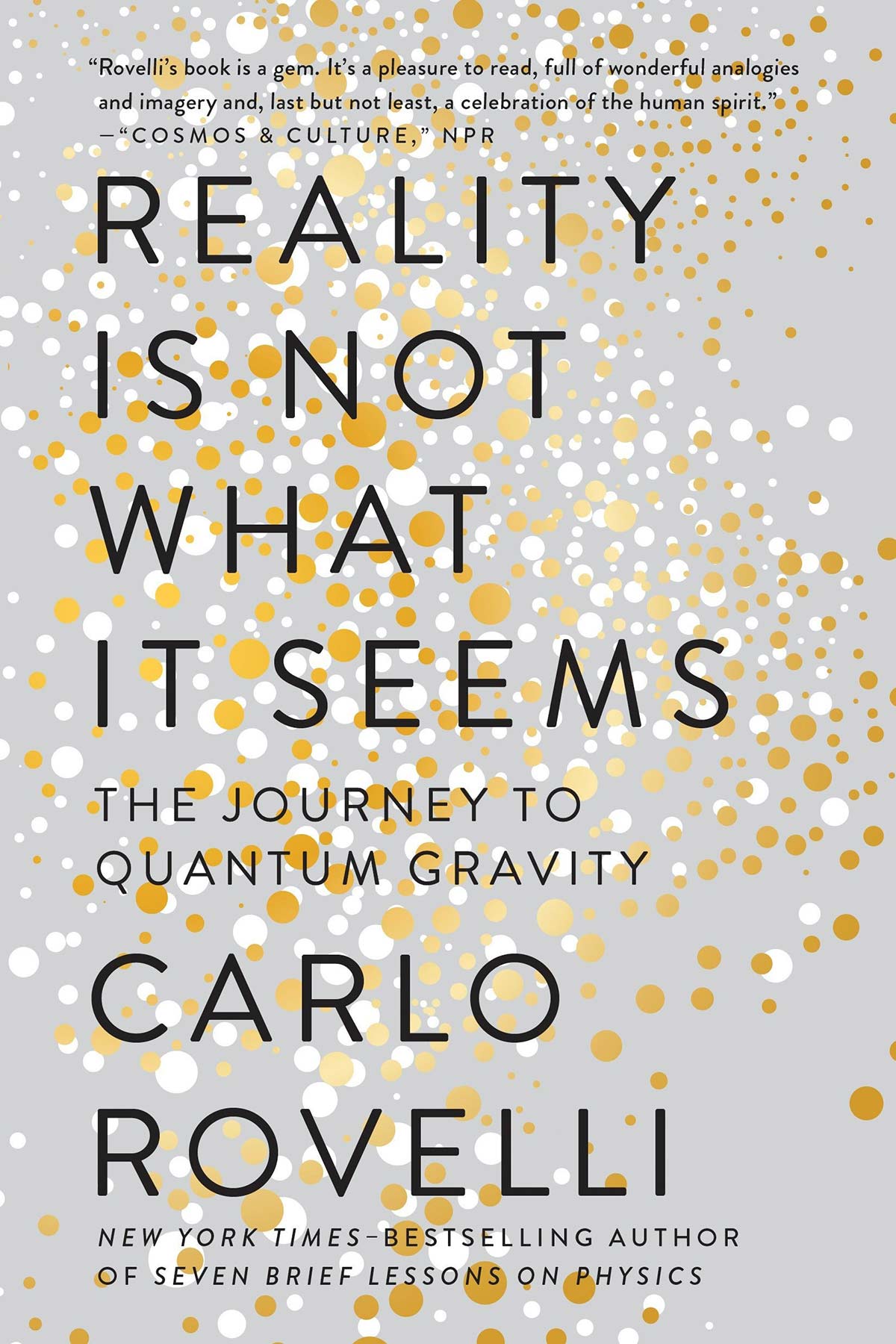
Reality is not what it seems – Carlo Rovelli
Think you’re smart? Fancy a lesson in intellectual good manners? This book should do the trick. Rovelli manages, in disarmingly down to earth language, to chart the evolution of thinking in the philosophy and physics of time, with quotes from the likes of Grateful Dead and Proust chucked in for good measure. It’s a humbling and wonderful thing to read a book that makes the inexplicably complicated feel almost accessible.
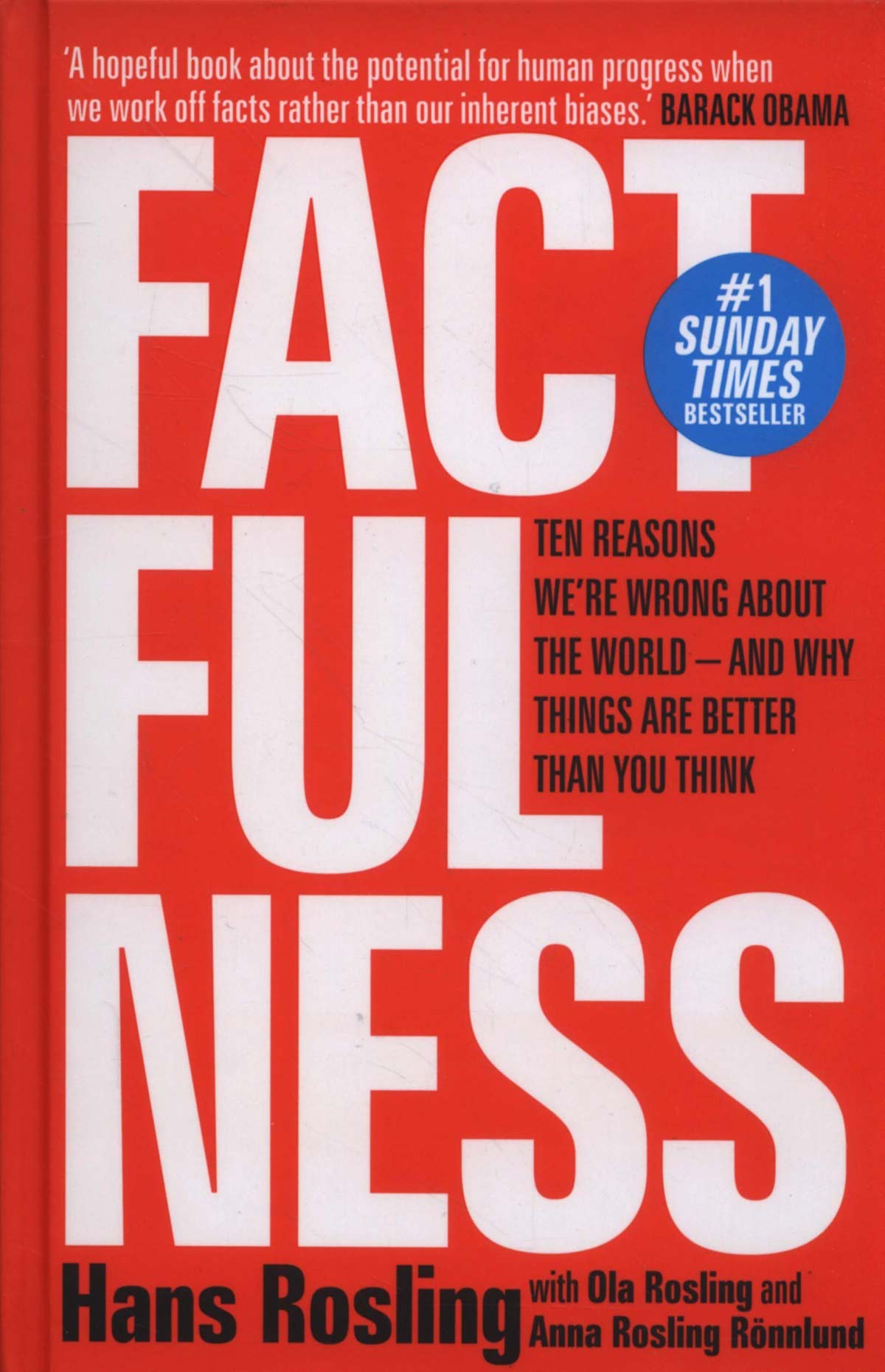
Factfulness – Hans Rosling with Ola Rosling, and Anna Rosling Rönnlund
Stand-up comedian Stewart Lee does a great bit wherein he recreates a conversation he had with a taxi driver which is best summed up by the cabbie’s endlessly quotable “Well, you can prove anything with facts can’t you?” In
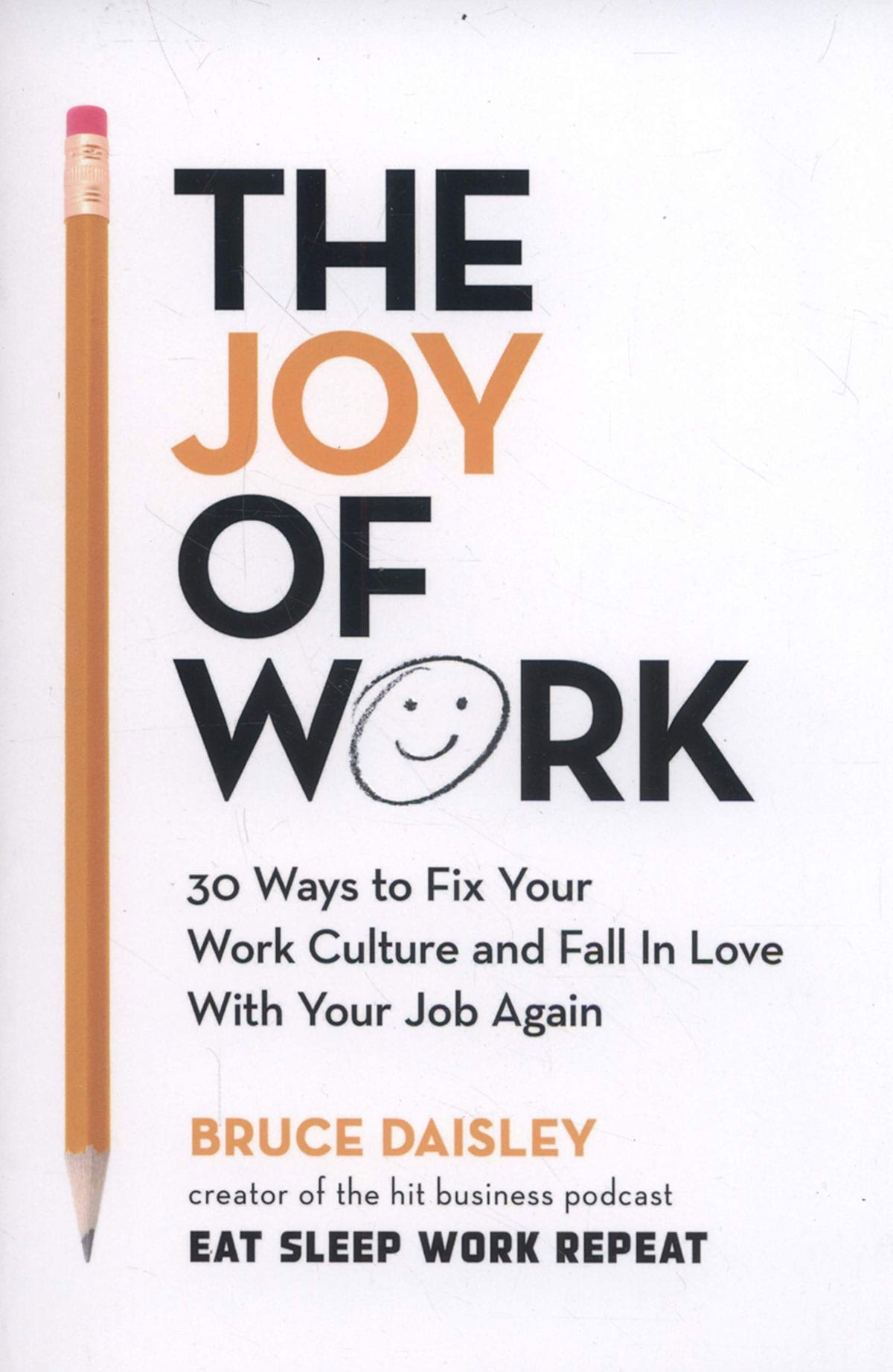
The Joy of Work – Bruce Daisley
There’s a meme that says “Monday’s aren’t so bad, it’s your job that sucks”. If you can relate, you should probably put down your skinny hazelnut latte, run to your nearest bookshop and buy Bruce Daisley’s book, the subtitle of which is ‘30 ways to fix your work culture and fall in love with your job again’. You should subscribe to his podcast too – Eat Sleep Work Repeat.
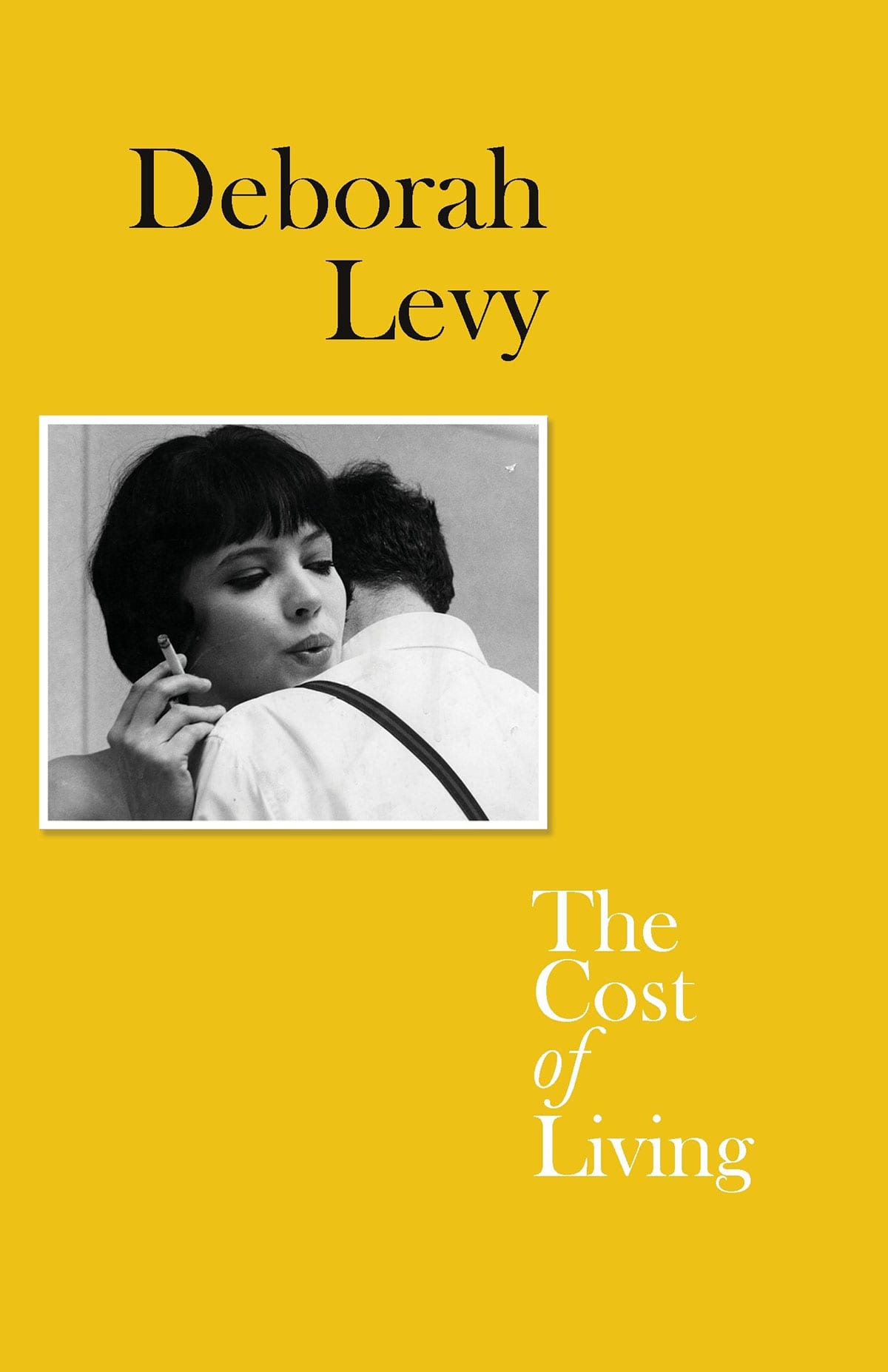
The Cost of Living – Deborah Levy
Deborah Levy’s second memoir begins after she and her husband have
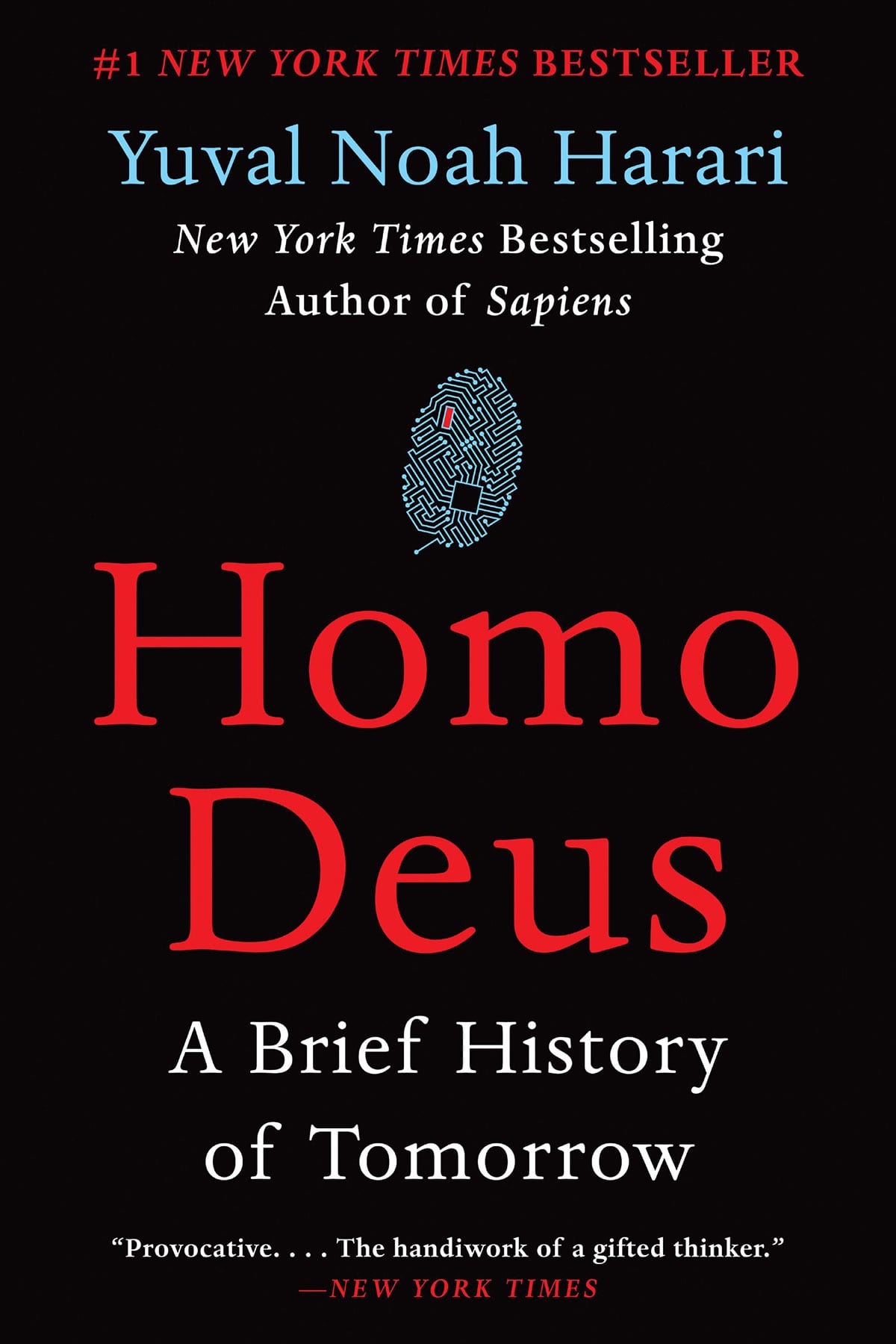
Homo Deus – Yuval Noah Harari
Yuval Noah Harari’s thought-provoking sequel to ‘Sapiens’ is not a light read and is unsettling in places – but in a kind of a good way. It explores humanity’s journey of scientific discovery and our evolving goals as a species, covering everything from escaping death to artificial life. It really changes the way the world looks when you discover just how close many of these ideas already are to reality.
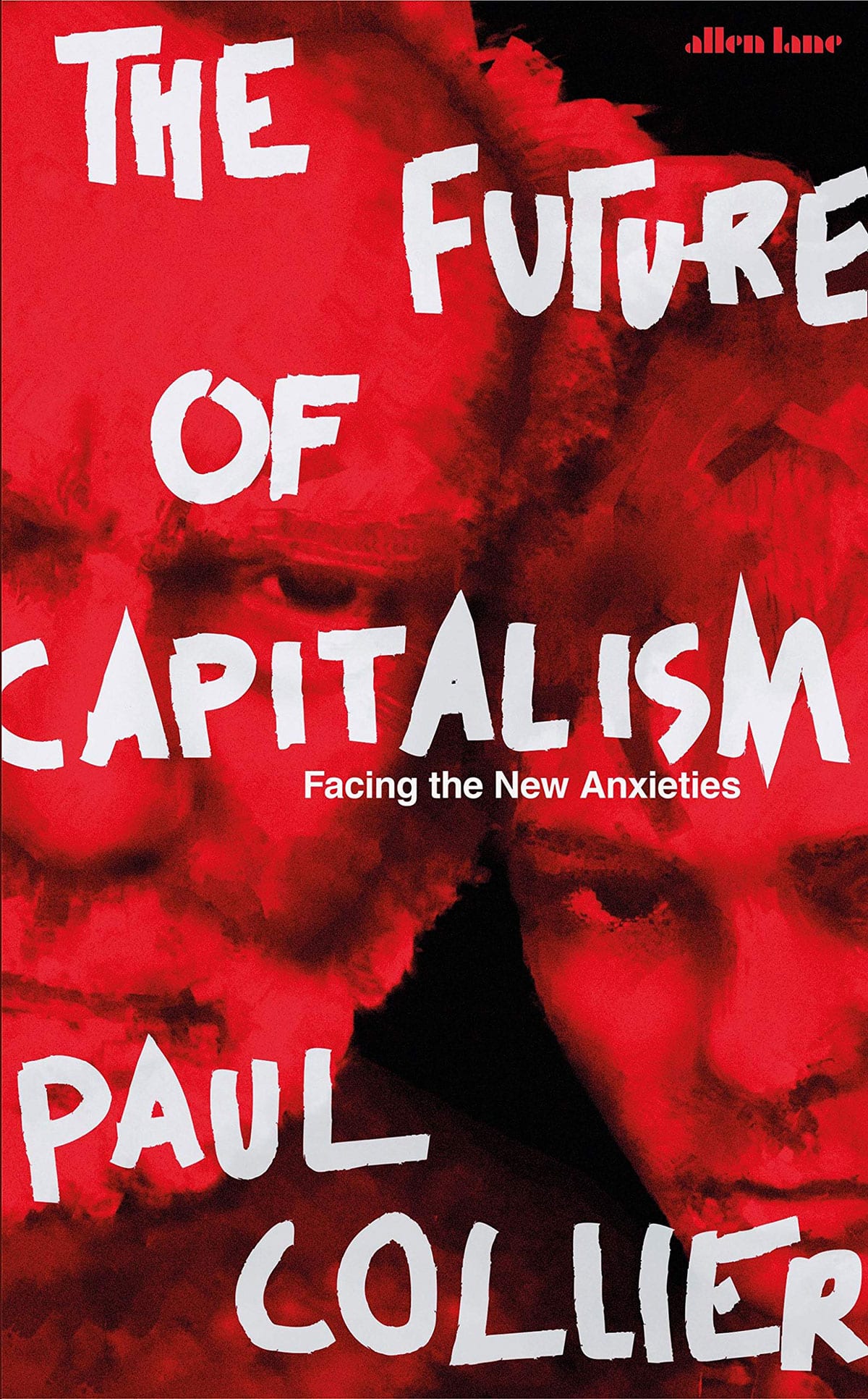
The Future of Capitalism: Facing the New Anxieties – Paul Collier
Are you worried about Capitalism? Are you? Well, you should be! Because, unless you’re Aaron Banks, or have been living under a rock, it should be fairly obvious by now that many of your assumptions about how money moves, and the impact it has on society, are a bit skew-whiff. Paul Collier is a developmental economist and his book offers an explanation of the current crisis, a diagnosis of how current models are
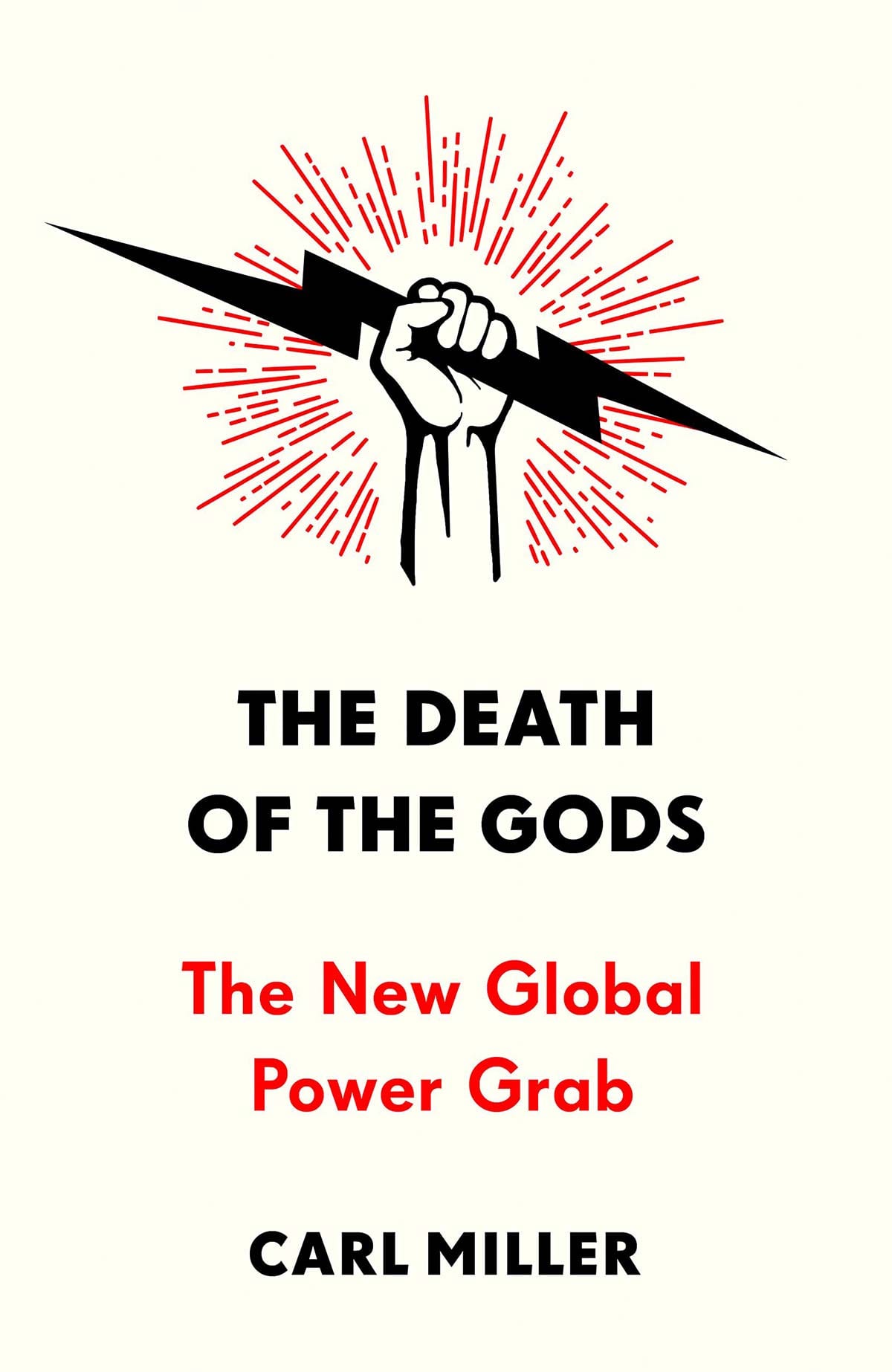
The Death of the Gods: The New Global Power Grab – Carl Miller
There’s a long line of people who have written about the meaning of power – Machiavelli, Foucault, Huey Lewis – and here, Carl Miller discusses power as it manifests through data, drugs, murder, voting, digital democracy, crypto-currency and lots more at a breakneck pace. If you’re interested in how the world is changing and are disappointed at the lack of clarity from other writers, this book is for you.
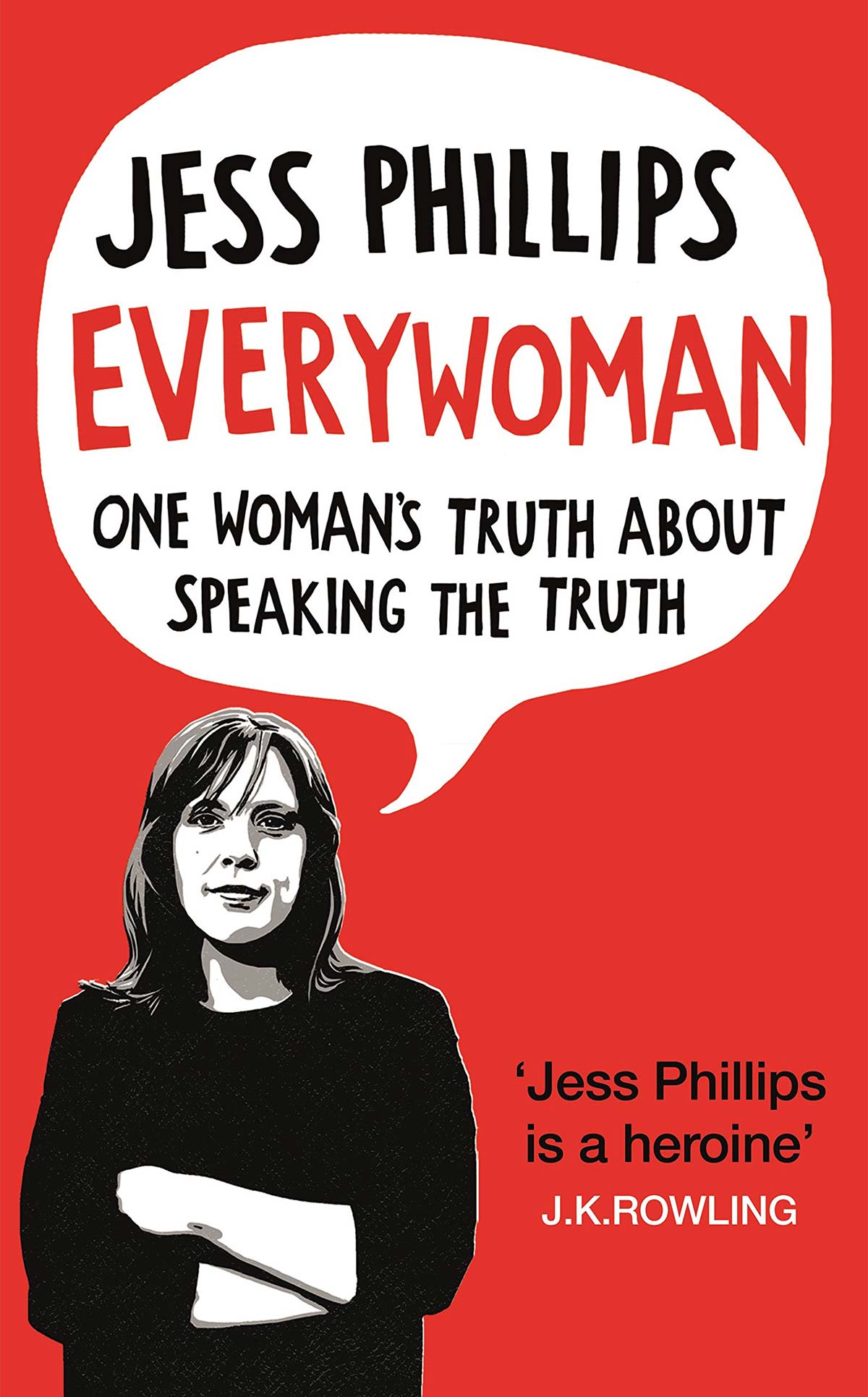
Everywoman – Jess Phillips
At the start of 2019, it’s easy to not trust a single word that any British politician utters. That’s why this book by Jess Phillips (MP for Birmingham Yardley) matters – it’s smart, funny decidedly un-
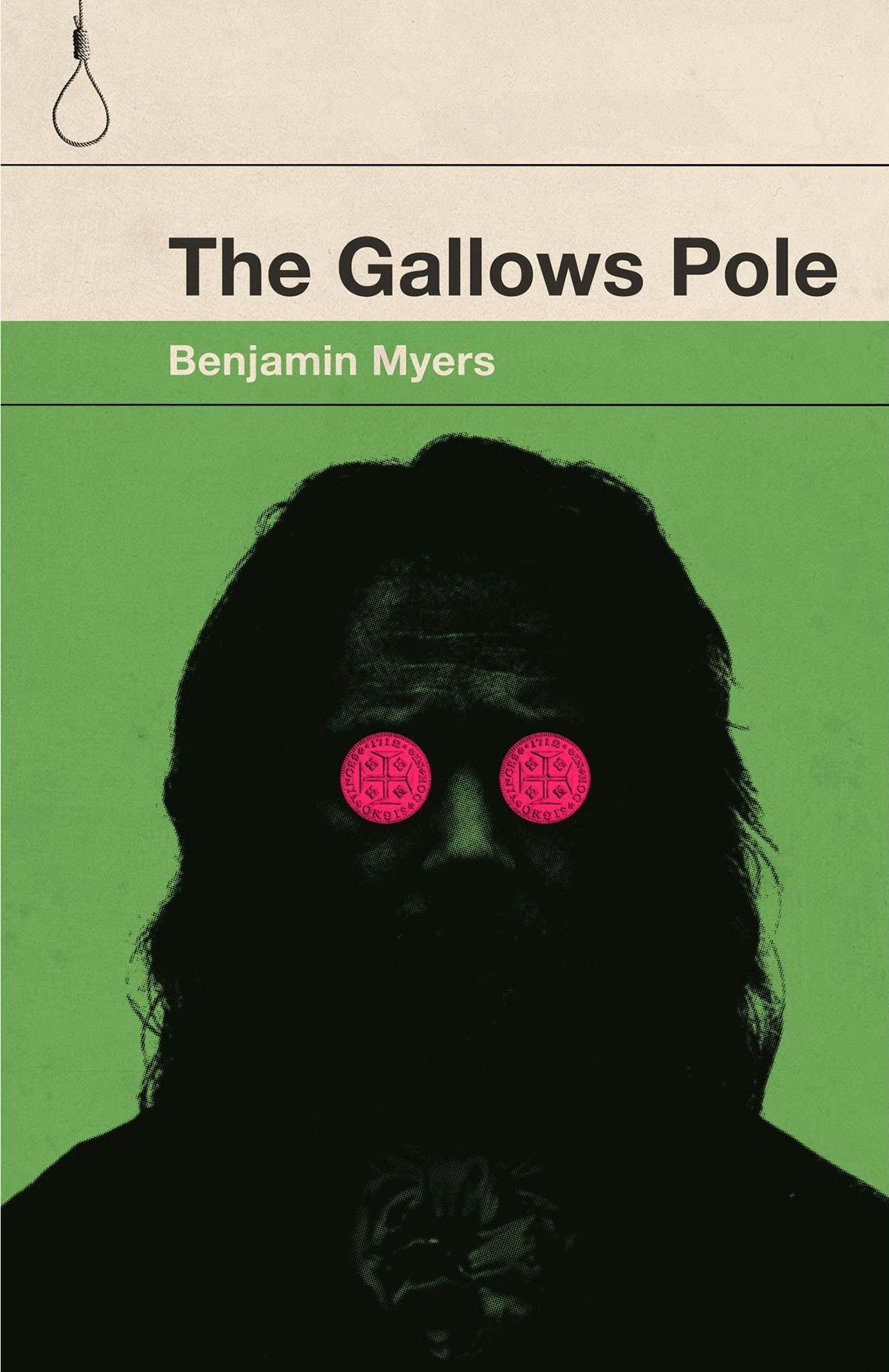
The Gallows Pole – Benjamin Myers
The 18th Century Calder Valley was, for Benjamin Myers, a place of high mystery, animism, grit, violence and corporeal urges. The Cragg Vale coiners were a gang of vicious counterfeiters who clipped and smelted gold coins, beyond the reaches of the nascent police forces. If this book had a smell, it would be damp heather and woodsmoke. If it were food, it would be rabbit and onions. Dark, weird and very, very Yorkshire.
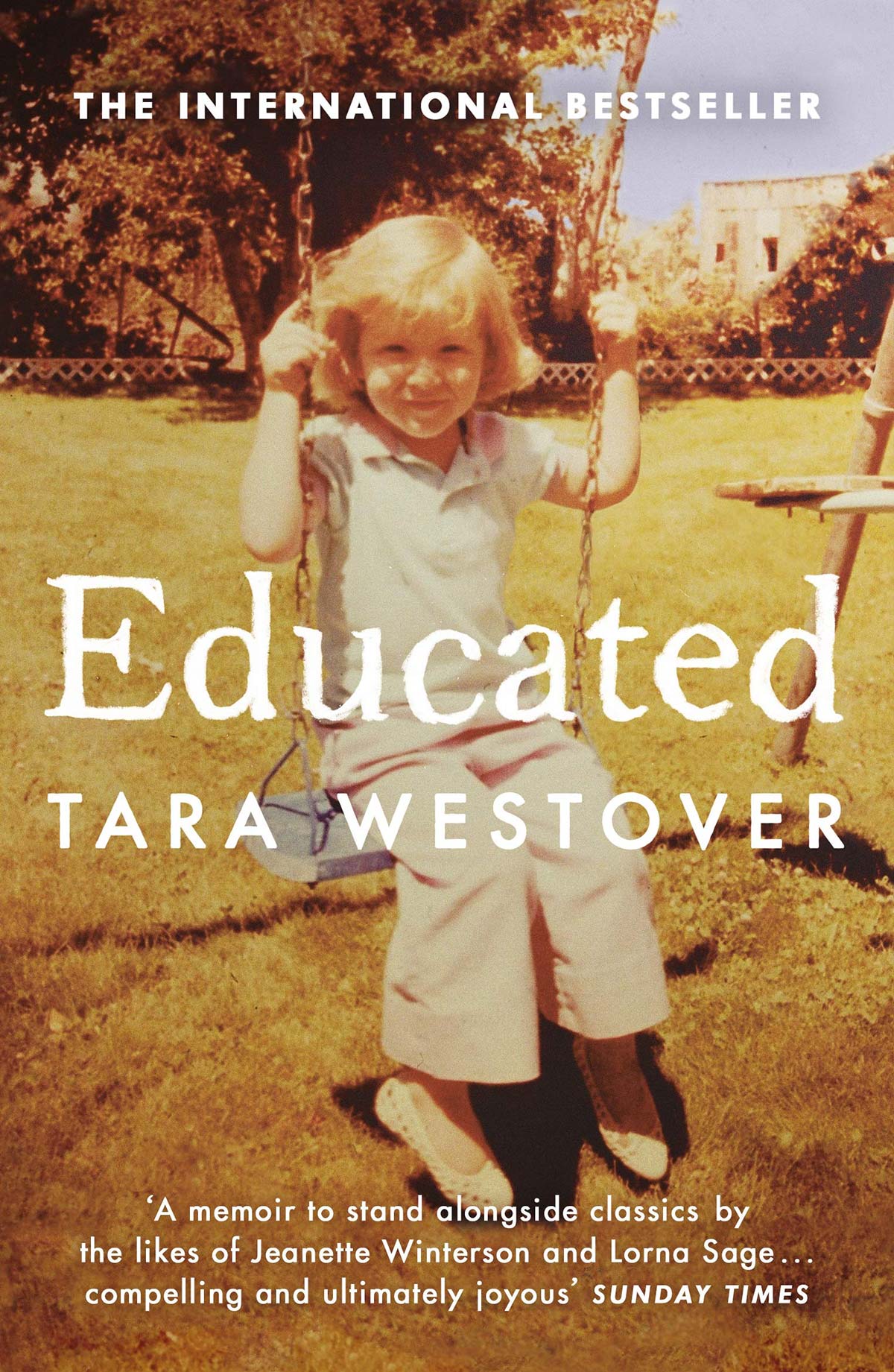
Educated – Tara Westover
Tara Westover was born in rural Idaho, to a family that lives off the grid, believing that the world is going to end. She has no birth certificate and, because her dad doesn’t believe in schools or hospitals, she grows up working in his scrapyard. She leaves home at 16 and discovers education, which leads to her studying at Cambridge. Though brutal in parts, Tara’s memoir is an amazing true story.
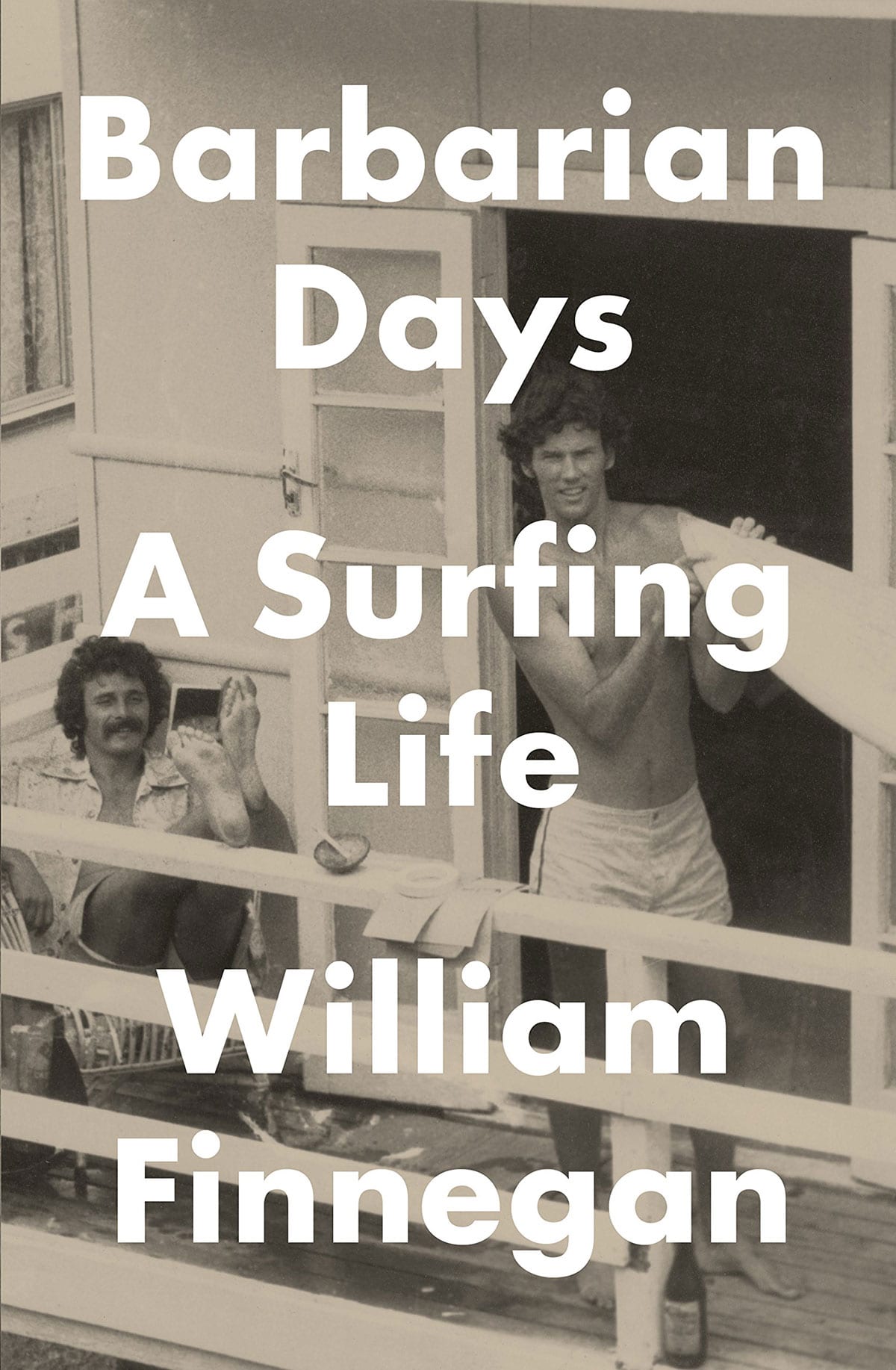
Barbarian Days: A Surfing Life – William Finnegan
For everyone who has ever felt that there’s a kind of majesty in being a full time, professional surf/ski/climbing/whatever bum,
***
[Header photo: Ugur Akdemir on Unsplash]
